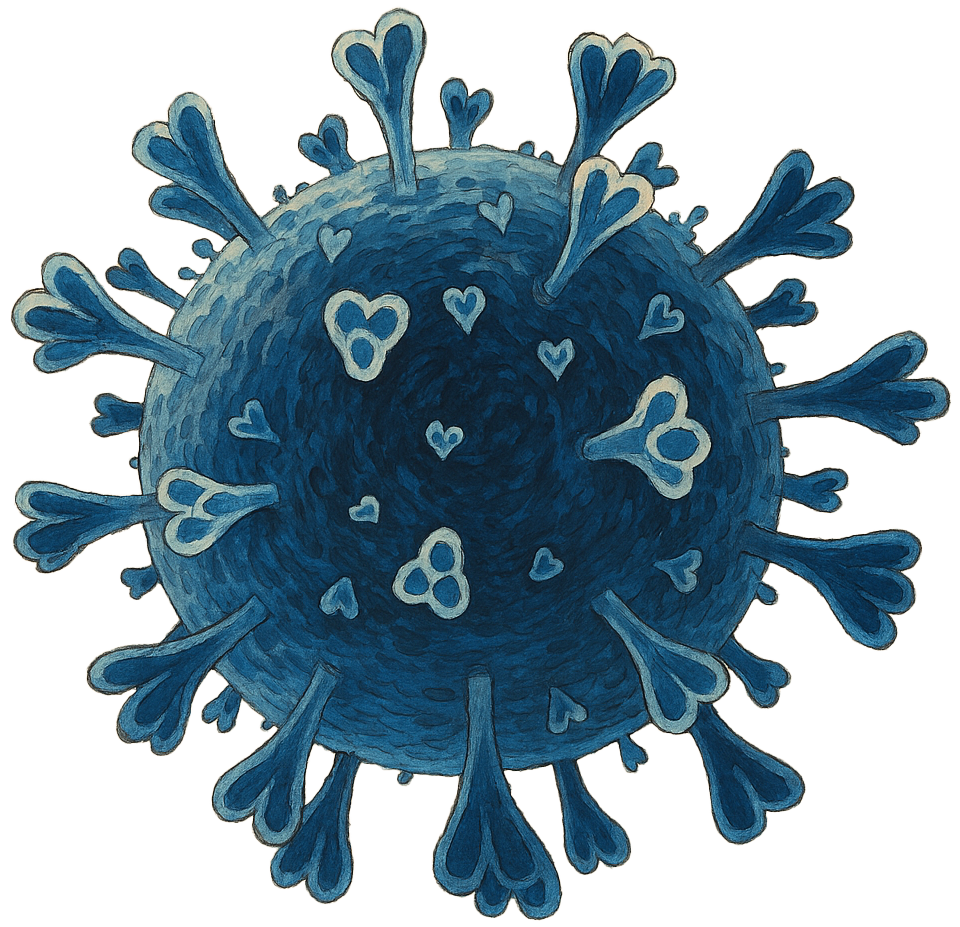Brilacidin for COVID-19

COVID-19 involves the interplay of 350+ viral and host proteins and factors providing many therapeutic targets.
Scientists have proposed 10,000+ potential treatments.
c19early.org analyzes
190+ treatments.
, Small molecules in the treatment of COVID-19, Signal Transduction and Targeted Therapy, doi:10.1038/s41392-022-01249-8
AbstractThe outbreak of COVID-19 has become a global crisis, and brought severe disruptions to societies and economies. Until now, effective therapeutics against COVID-19 are in high demand. Along with our improved understanding of the structure, function, and pathogenic process of SARS-CoV-2, many small molecules with potential anti-COVID-19 effects have been developed. So far, several antiviral strategies were explored. Besides directly inhibition of viral proteins such as RdRp and Mpro, interference of host enzymes including ACE2 and proteases, and blocking relevant immunoregulatory pathways represented by JAK/STAT, BTK, NF-κB, and NLRP3 pathways, are regarded feasible in drug development. The development of small molecules to treat COVID-19 has been achieved by several strategies, including computer-aided lead compound design and screening, natural product discovery, drug repurposing, and combination therapy. Several small molecules representative by remdesivir and paxlovid have been proved or authorized emergency use in many countries. And many candidates have entered clinical-trial stage. Nevertheless, due to the epidemiological features and variability issues of SARS-CoV-2, it is necessary to continue exploring novel strategies against COVID-19. This review discusses the current findings in the development of small molecules for COVID-19 treatment. Moreover, their detailed mechanism of action, chemical structures, and preclinical and clinical efficacies are discussed.
, In silico Drug Repurposing for COVID‐19: Targeting SARS‐CoV‐2 Proteins through Docking and Consensus Ranking, Molecular Informatics, doi:10.1002/minf.202000115
AbstractIn December 2019, an infectious disease caused by the coronavirus SARS‐CoV‐2 appeared in Wuhan, China. This disease (COVID‐19) spread rapidly worldwide, and on March 2020 was declared a pandemic by the World Health Organization (WHO). Today, over 21 million people have been infected, with more than 750.000 casualties. Today, no vaccine or antiviral drug is available. While the development of a vaccine might take at least a year, and for a novel drug, even longer; finding a new use to an old drug (drug repurposing) could be the most effective strategy. We present a docking‐based screening using a quantum mechanical scoring of a library built from approved drugs and compounds undergoing clinical trials, against three SARS‐CoV‐2 target proteins: the spike or S‐protein, and two proteases, the main protease and the papain‐like protease. The S‐protein binds directly to the Angiotensin Converting Enzyme 2 receptor of the human host cell surface, while the two proteases process viral polyproteins. Following the analysis of our structure‐based compound screening, we propose several structurally diverse compounds (either FDA‐approved or in clinical trials) that could display antiviral activity against SARS‐CoV‐2. Clearly, these compounds should be further evaluated in experimental assays and clinical trials to confirm their actual activity against the disease. We hope that these findings may contribute to the rational drug design against COVID‐19.
, DRAVP: A Comprehensive Database of Antiviral Peptides and Proteins, Viruses, doi:10.3390/v15040820
Viruses with rapid replication and easy mutation can become resistant to antiviral drug treatment. With novel viral infections emerging, such as the recent COVID-19 pandemic, novel antiviral therapies are urgently needed. Antiviral proteins, such as interferon, have been used for treating chronic hepatitis C infections for decades. Natural-origin antimicrobial peptides, such as defensins, have also been identified as possessing antiviral activities, including direct antiviral effects and the ability to induce indirect immune responses to viruses. To promote the development of antiviral drugs, we constructed a data repository of antiviral peptides and proteins (DRAVP). The database provides general information, antiviral activity, structure information, physicochemical information, and literature information for peptides and proteins. Because most of the proteins and peptides lack experimentally determined structures, AlphaFold was used to predict each antiviral peptide’s structure. A free website for users (http://dravp.cpu-bioinfor.org/, accessed on 30 August 2022) was constructed to facilitate data retrieval and sequence analysis. Additionally, all the data can be accessed from the web interface. The DRAVP database aims to be a useful resource for developing antiviral drugs.
Please send us corrections, updates, or comments.
c19early involves the extraction of 200,000+ datapoints from
thousands of papers. Community updates
help ensure high accuracy.
Treatments and other interventions are complementary.
All practical, effective, and safe
means should be used based on risk/benefit analysis.
No treatment or intervention is 100% available and effective for all current
and future variants.
We do not provide medical advice. Before taking any medication,
consult a qualified physician who can provide personalized advice and details
of risks and benefits based on your medical history and situation. IMA and WCH
provide treatment protocols.
Thanks for your feedback! Please search before submitting papers and note
that studies are listed under the date they were first available, which may be
the date of an earlier preprint.
